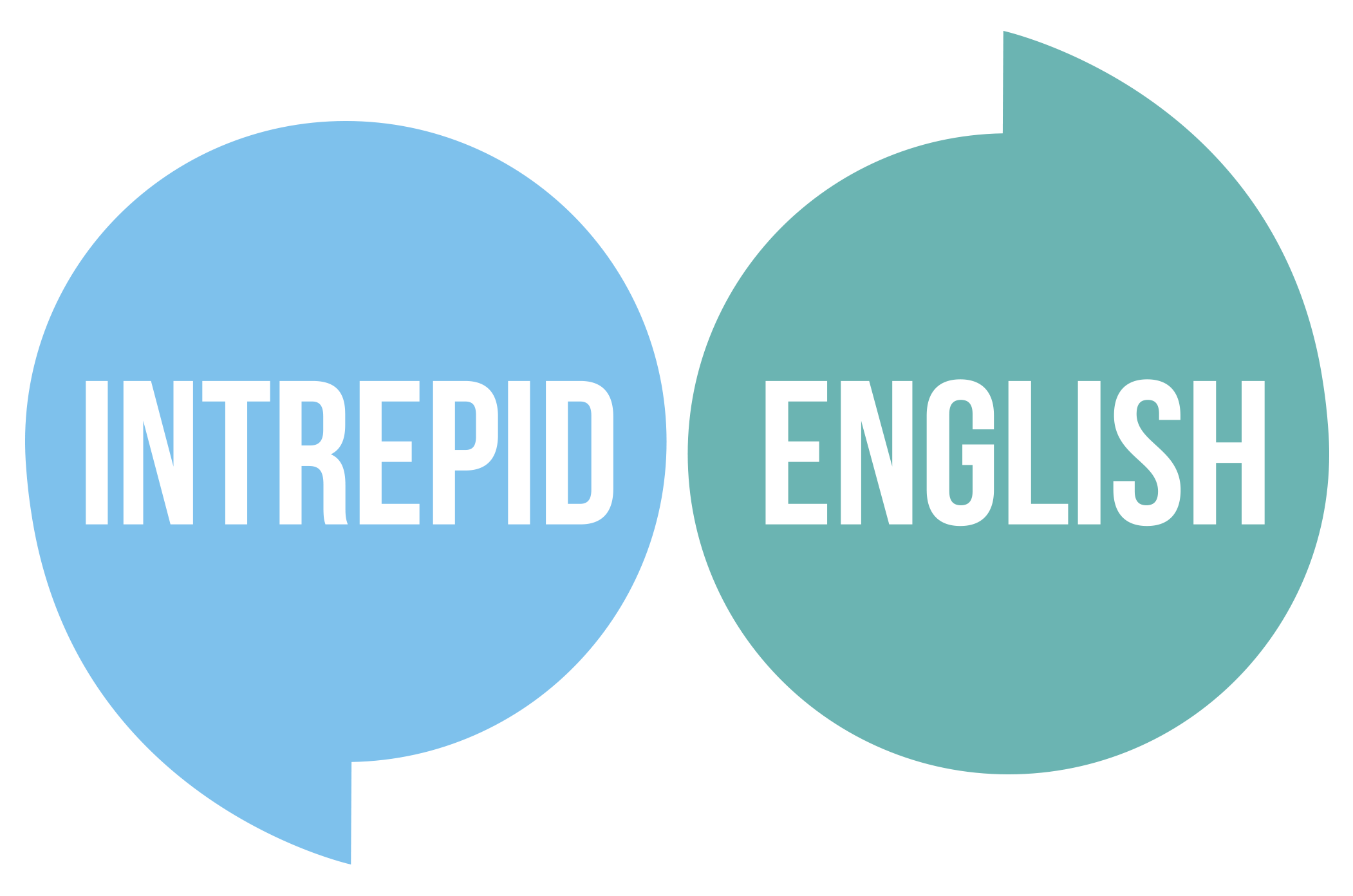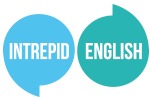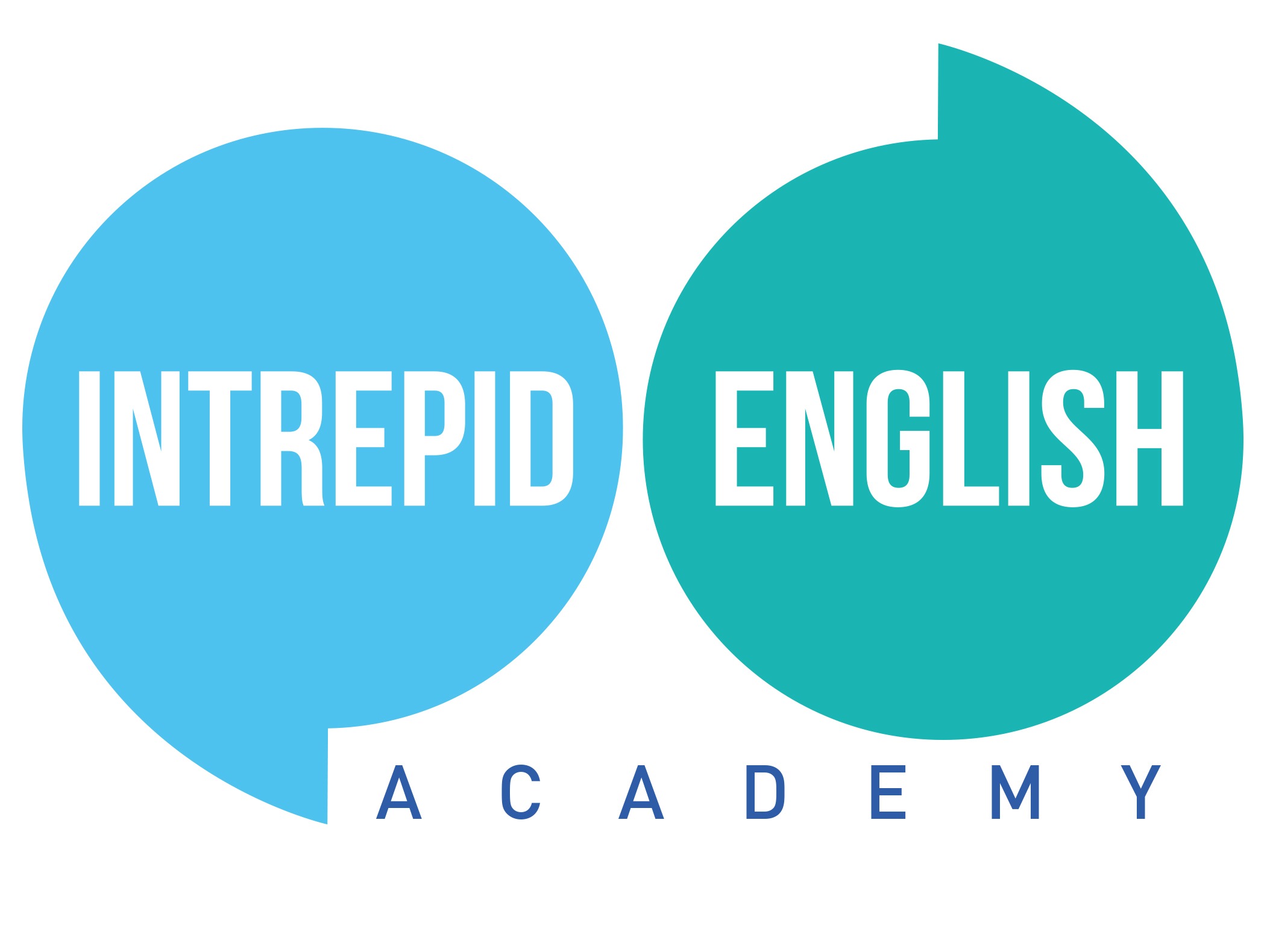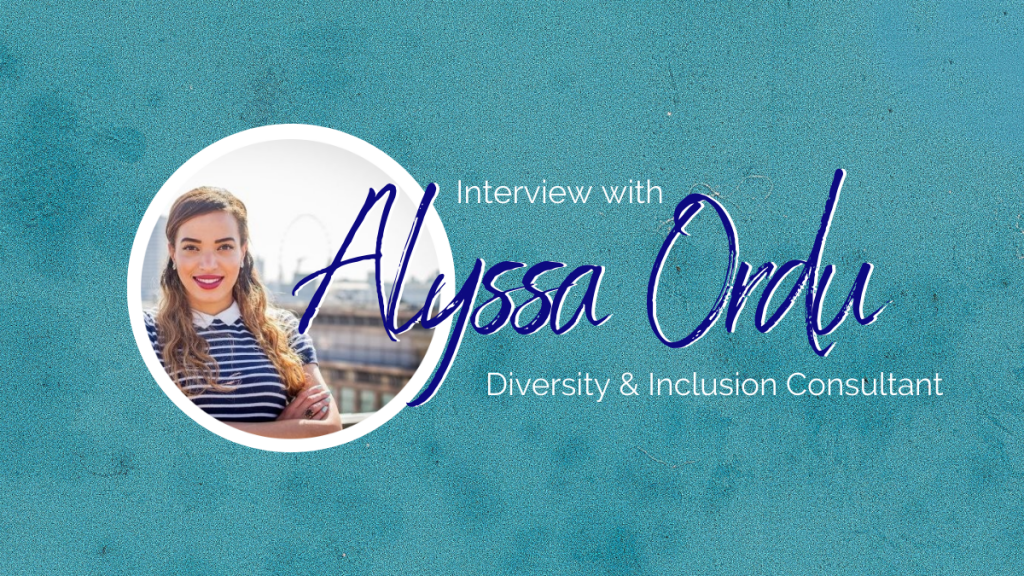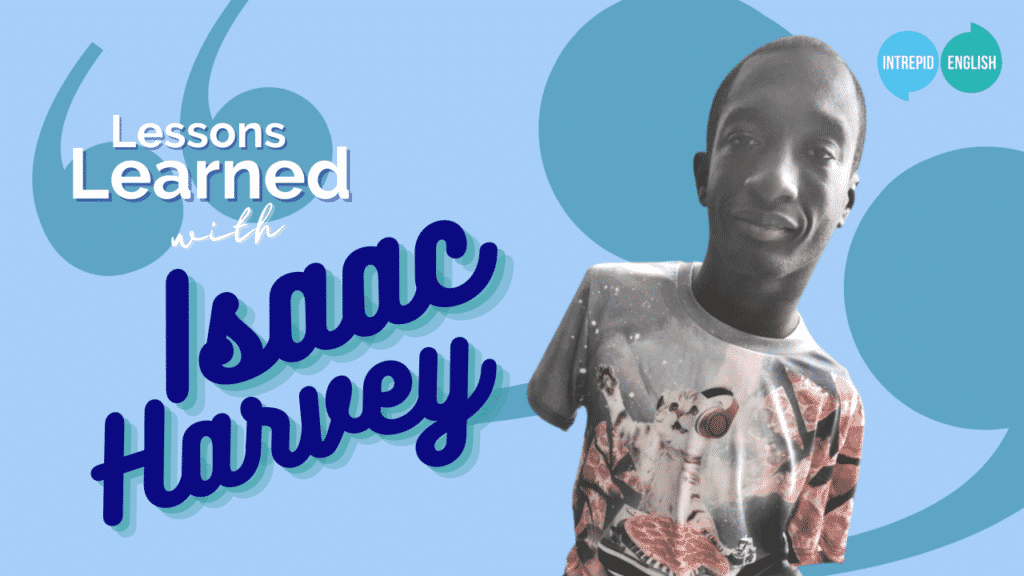What is the difference between who and whom?

Who or whom… that is the question!
Do you know the difference between ‘who’ and ‘whom’? These two little words can cause a lot of confusion, even for native English speakers. So that’s why I wanted to give you a quick explanation on the difference between the two.
Let’s look at the grammar rules:
There are a few rules when you should use who and whom. “Who” is a subjective pronoun. “Whom” is an objective pronoun. That simply means that “who” is always subject to a verb, and that “whom” is always working as an object in a sentence.
But what does that really mean?
“Who,” the subjective pronoun, is the person doing the action.
For example, “That’s the girl who scored the goal.” Who is the subject of “scored” because the girl was doing the scoring.
Then, “whom,” as the objective pronoun, receives the action.
For instance, “Whom do you like best?” Whom is the object of “like”.
To recap:
The general rule for who vs whom:
Who should be used to refer to the subject of a sentence.
Whom should be used to refer to the object of a verb or preposition.
The exception to always remember:
Just be careful, because there is an exception: There is one context in which you should always use whom: after a preposition at the beginning of a sentence or clause.
For example:
- To whom did you address that letter? (Not “to who”).
- My teacher, for whom I’m doing some research, is currently in a meeting. (Not “for who)
What is the difference?
The difference between “who” and “whom” is the same as the difference between “I” and “me;” “he” and “him;” “she” and “her;” etc. “Who“, like other pronouns (I, he, and she) is a subject. So, it is the person performing the action of the verb.
On the other hand, “whom“, acts like I, him and her in a sentence. It is the object. Therefore, it is the person to/about/for whom the action is being done.
Whom is also the correct choice after a preposition: with whom, one of whom, not “with who, one of who.”
Do you want an easy tip to tell the difference between who and whom?
If you can’t decide which to use, it can help you to rewrite the sentence and replace who/whom with another pronoun so that you can see the relationships more clearly.
f you can replace the word with “he” or “’she” then you should use who. However, if you can replace it with “him” or “her,” use whom.
Let’s look at some examples:
The correct use of who:
- This is the person who warned me. (It is he/she/they warned me. Not “him/her/them” warned me)
- John is the one who wants to go. (He wants to go. Not “him” wants to go)
- I need to know who makes the final decision. (He/she/They makes/make the final decision. Not “him/her/them” makes the final decision).
- I know who your best friend is! (He/she/They is/are your best friend. Not him/her/them is your best friend).
The correct use of whom:
- With whom am I speaking? (I am speaking with him/her/them. Not I am speaking with he/she/they.)
- To whom this may concern. (This concerns him/her/them. Not this concerns he/she/they.)
- A number of friends went to the cinema, one of whom was the birthday girl. (The birthday boy was one of them. Not the birthday boy was one of they.)
- Actually, she knew very little about the man with whom she had promised to spend the summer. (She has promised to spend the summer with him. Not she has promised to spend the summer with he.)
Check out my video explaining the difference between these two little words to get an even better understanding:
Now I hope you can explain the difference between ‘who’ and ‘whom’ to a native speaker if they are confused!
This content was written and recorded by Intrepid English Teacher Kate R.

You can find out more about Kate R on her Intrepid English Teacher Profile Page.
Book a free trial lesson today to discuss this topic in more detail, and talk about your English learning goals with an experienced and friendly English teacher.
If you have any questions, or you would like to request a topic for a future blog, you can contact us using the chat box, send us an email, or even drop us a message on any of our social media channels.
Thanks for subscribing to our newsletter!
